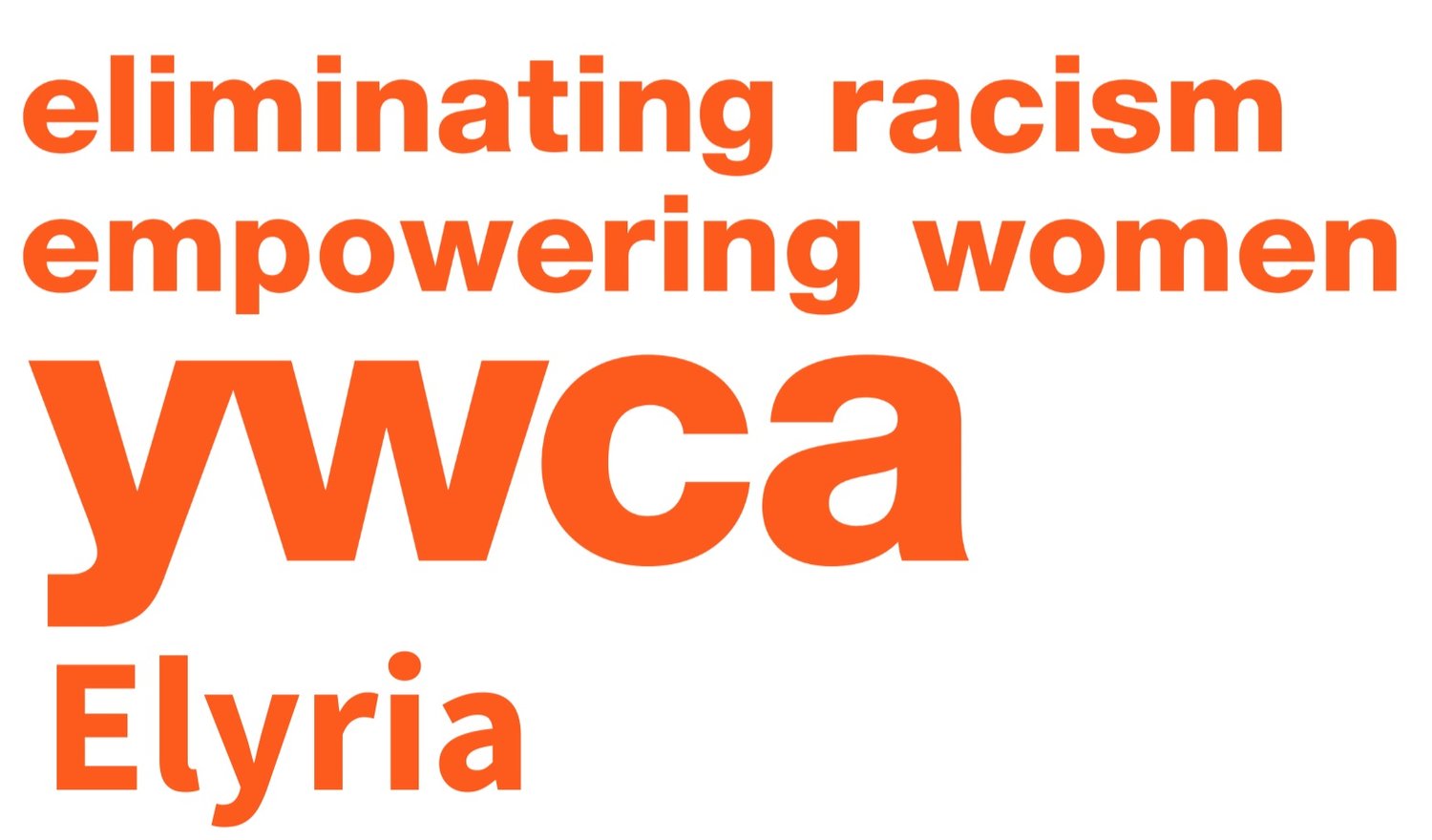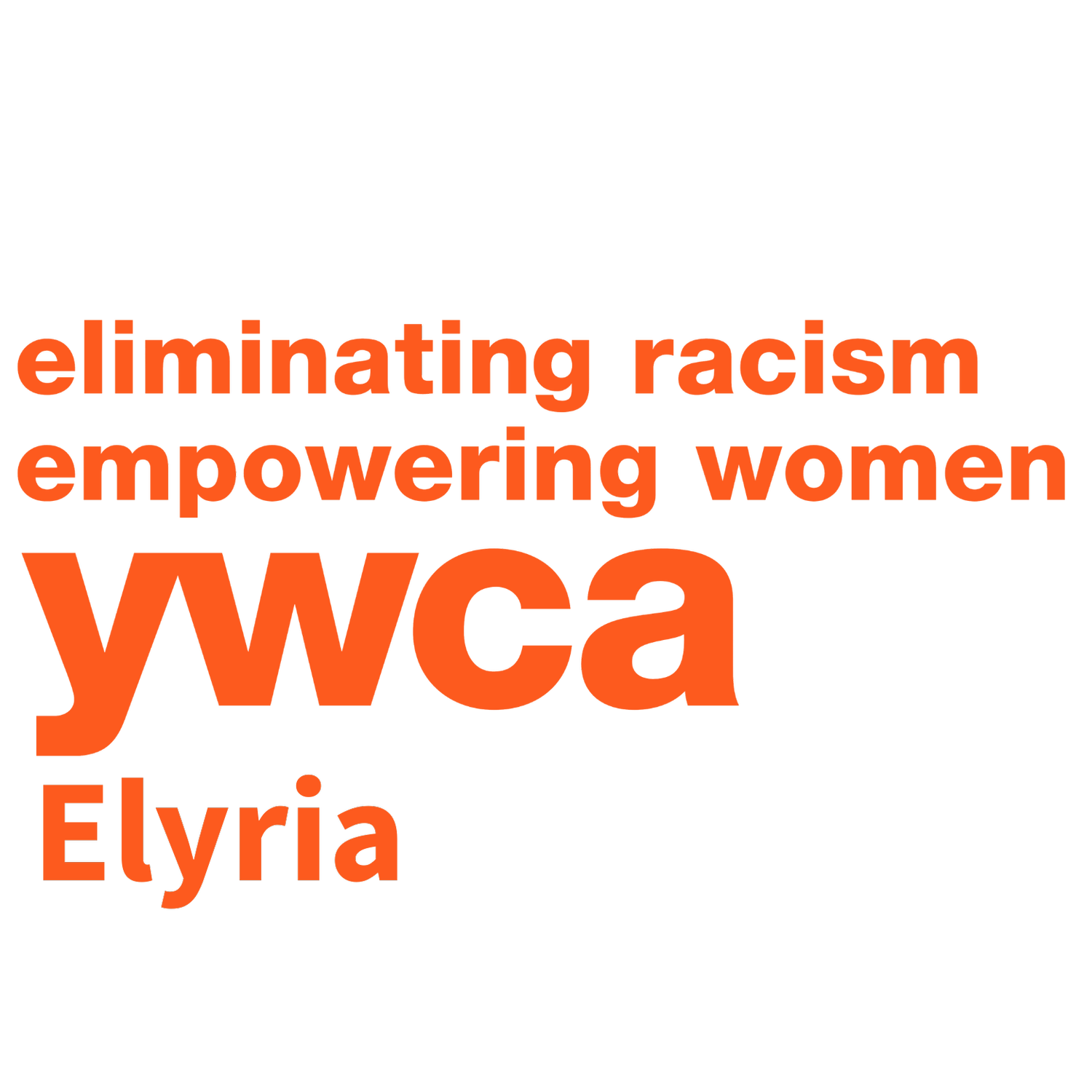COMMUNITY HISTORY
-
History is a throughline that connects the various areas of focus documented in this report. While declaring racism a public health crisis is a critical first step toward realizing racial equity, without a detailed understanding of the history of systemic racism in particular local and broader national contexts, structural inequalities are easily replicated and the status quo maintained. Historical narratives of the region tend to emphasize the arrival of Black people in Lorain County during the late 19th‐early 20th century period of the so‐called “Great Migration,” a framing of Black migration from South to North that is characterized by people seeking economic opportunity. This narrative and periodization overlook the fact that many who emigrated at this time were actually refugees fleeing racialized violence and persecution in the South who struggled to find opportunities and faced further discrimination upon arrival.
This account of Black migration is largely absent from the existing official histories of Lorain County. Indeed, as in many places in the United States, this history of violence against Black Americans has been repressed and whitewashed. During the summer of 2020, the Lorain County Racial Equity Institute History Committee began an original research project that centers Black History of Lorain County as an historical groundwork on which the Lorain County Racial Equity Institute can build training and support the center's mission. In support of this initiative, in 2021 the Bonner Center for Community‐Engaged Learning, Teaching & Research at Oberlin College partnered with StoryLens to launch the Groundwater Project (see description below). This history has been largely undocumented, but preliminary research points to a significant and remarkable history that extends back well into the 19th century and earlier.
There are Black elders in Lorain County who have lived this history and who carry the memories of their ancestors’ experiences, and there is a wealth of resources—photographs, newspaper clippings, family albums and stories—through which to paint a more accurate picture of the Black experience here, but to date there has been no formal effort to preserve and document this history. The need to tell this story is urgent, for soon, many of these elders, and their stories, will be lost to time. The aims of this community research and of the Groundwater Project will align with or contribute to those of the Lorain County Racial Equity Institute by elucidating and making Black history central to the regional historical narrative.
-
* Provide original research that focuses on the Black History of Lorain County
* Produce a single feature‐length documentary film or a series of short documentary films that tell the story of Lorain County through a lens of racial equity by gathering oral histories, historical artifacts, and creating a publicly accessible digital database.
-
Specific, significant themes and sources related to Black life and history in Lorain County that demand further investigation include:
* The period prior to the founding of Lorain County in 1822 and through 1865, particularly as it relates to Lake Erie as an important site of Black religious life, activism, and escape by way of the maritime Underground Railroad to Canada;
* The post‐Civil War emergence of a Black elite in Lorain County between 1865 and the 1920s, when historian Carol Lasser sees the color line descending in Oberlin and throughout greater Lorain County, as evident in documentation of residential and other forms of segregation;
* The period from the 1930s through the end of WWII, into the 1950s, when people pushed back against segregation in schools and public relief, while nurturing Black businesses;
* The activism and civic engagement of women, embodied, for example by Margaret Barnes, listed in the census records as “Washerwoman,” who was also a graduate of the Tuskegee Institute, was active in the Lorain County Federation of Black Women’s Clubs, served as president of the Ohio Federation of Women’s Clubs and was appointed to the Board of Trustees for Wilberforce where a building on the campus bears her name; and similar developments of organizations for Black men including as well a Black Lodges (e.g. Prince Halls), Oddfellows, and American Legions;
-
The Groundwater Project The Groundwater Project, directed by Geoff Pingree and Jeannine Donaldson, will proceed in two parts.
The Public Archive
StoryLens, with the support of community partners, will gather oral histories of Black residents in Lorain County. We will store these histories and other archival materials (such as personal photographs, news articles, letters) in a publicly accessible database. In our work, we use the term “oral history” broadly to refer to a practice of audiovisual documentation in which we prioritize the informed consent of interviewees at all stages of the interview and archival process. Our approach combines elements of traditional documentary filmmaking with methods and principles of oral history gathering established by the Oral History in the Liberal Arts Initiative (https://ohla.info).
The Groundwater Project team, trained in workshops conducted by oral historian and OHLA Project Lead Brooke Bryan, will coordinate and conduct interviews with the help of Oberlin College students and members of the local community. As we collect, organize, and catalog additional archival materials, we will be assisted by Lorain County Community College students. StoryLens and OHLA will host the archive temporarily, until we can find a permanent home – at the Lorain County Racial Equity Center, Lorain County Community College, or another local institution whose mission and purpose are aligned with the goals of the Groundwater Project. We believe it is essential that this archive of stories and archival materials be rooted in and available to the local community. Indeed, we hope the Groundwater Project will initiate an ongoing and organic process of story‐gathering and recording in Lorain County that will continue to grow as more oral histories are documented.
Film Work
Drawing on the oral histories and archival materials and on additional visual resources from Lorain County residents, StoryLens will produce a single feature‐length documentary film or a series of short documentary films that will explore the history of race in Lorain County over the past 100 years. We will begin work as soon as we begin building the public archive, and our decisions about the length, format, and structure of the film/s will be shaped by the nature and content of the stories and other materials we gather, by the audiences we intend to reach, but mostly by what will best provide an honest, responsible, accessible narrative of a systematically neglected history. In this, we aim to raise awareness of the racial inequity that pervades our community and to preserve and honor the experiences of those most directly affected.
StoryLens
StoryLens and its partners have begun locating and communicating with individuals and organizations within Lorain County that can illuminate this history. The interviews and additional materials we gather will support our work, to be sure, but beyond that, they will be part of a much broader permanent and accessible public archive that will serve future scholarly, artistic, and community work. As we move forward, we hope to engage in a respectful, trust‐building process of collaborative, community storytelling.
-
1. Provide original research that focuses on the Black History of Lorain County through funding and advisory support of the Bonner Center for Community‐Engaged Learning, Teaching & Research at Oberlin College, and Historian Carol Lasser.
2. Produce a single feature‐length documentary film or a series of short documentary films that tell the story of Lorain County through a lens of racial equity by gathering oral histories, historical artifacts, and creating a publicly accessible digital database. This can be accomplished with the support of the Bonner Center, StoryLens (https://storylens.org), and by launching the Groundwater Project.
Community History Sub-Committee
Tania Boster, Director, Bonner Center
Miyah Byers, (CFLC) Fellow Community Engagement
Denise Douglas, Ph.D., Special Assistant to the President, Diversity, Equity & Inclusion and Dean, Social Sciences and Human Services, LCCC
Carol Lasser, Historian Retired, Oberlin College
Geoff Pingree, Cinema Dept., Oberlin College



